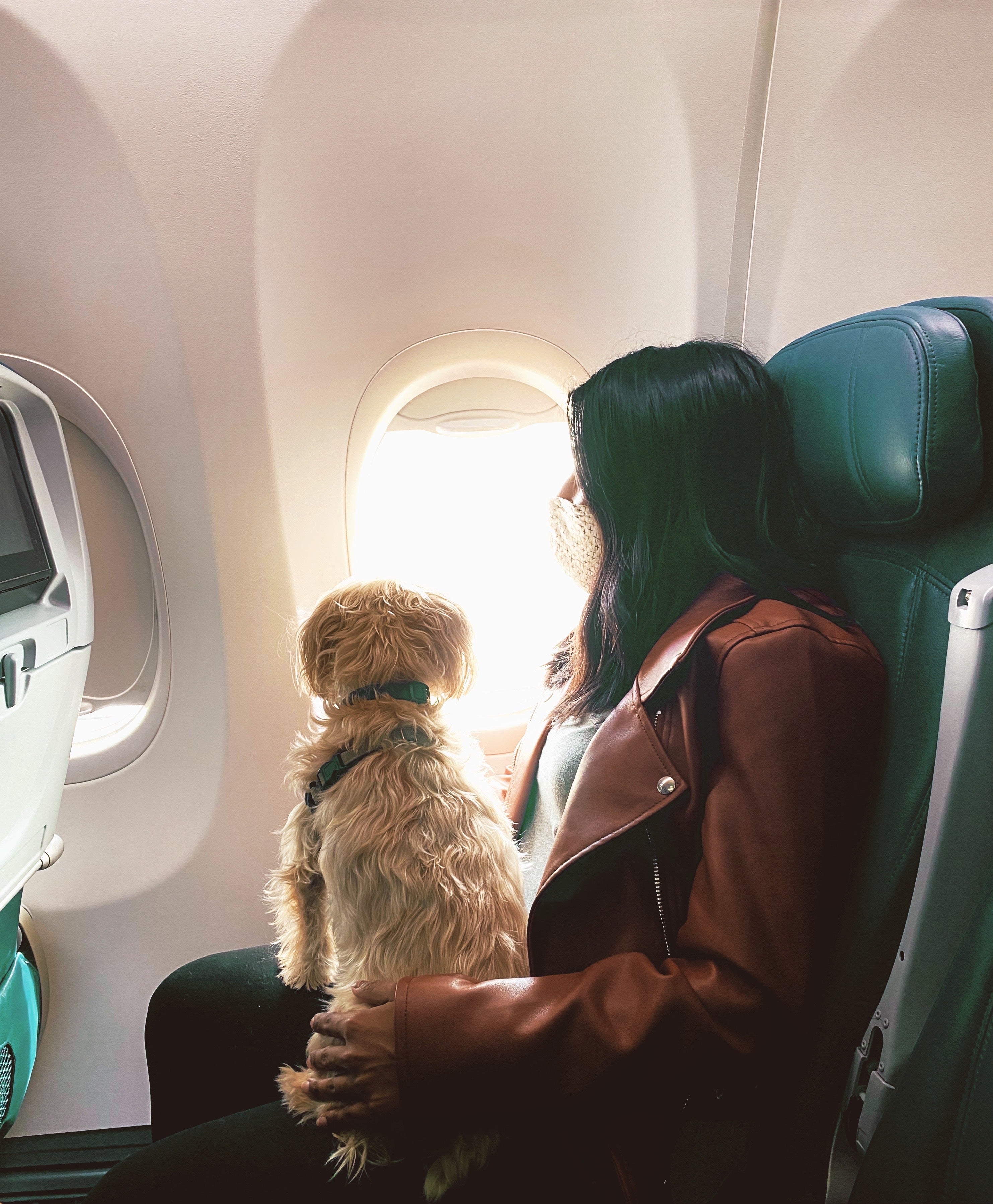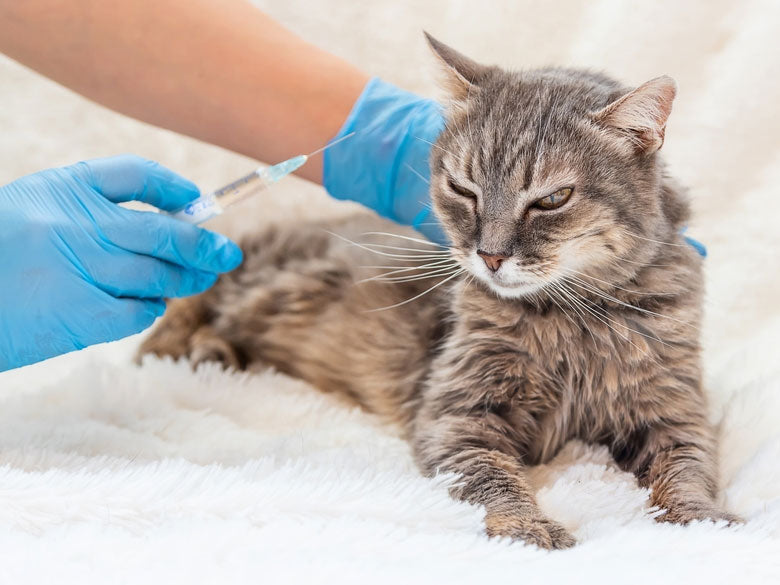Tutuky Magazine
- All
- 20%discount
- act love
- Act of Love
- adopting
- age
- Amphibian Pet
- Animals with habit
- attracting lost birds
- bed
- bird care tips
- bird recovery services
- birds
- Bond with Dogs
- Bones
- Breeds
- Busyowners
- BusyPetowners
- buythisnow
- Carrots for Birds
- cats
- Cats in cars
- Check
- Check the vet
- chocolate and pets
- comfort
- cozy
- Diabetes
- Discount pet supplies
- Dog Snoring
- Dog with tartar
- dogs
- Dogs in cage
- eggs
- elder
- Europe
- Euthanasia in Cats
- Exotic Pet Veterinary
- Felines
- find lost pet bird
- First pet
- Found authorities
- Halloweenpet
- Hamsters
- health
- how to find a parrot that escaped
- hygiene
- Insulin
- kitty
- knowthis
- leash
- Lost pet
- lost pet bird
- oldcat
- Online pet store
- online shopping
- Pet accessories
- Pet Acessories
- Pet bedding
- pet bird safety
- Pet birds diet
- Pet Capybaras
- Pet care tips
- Pet caring
- Pet Environment music
- Pet feeding
- Pet first aid
- Pet health
- Pet health supplements
- Pet hibernation
- Pet Hotel
- Pet Hygiene
- Pet insurance
- Pet Reptile music
- Pet Reptile tricks
- Pet Sitter
- pet snoring
- Pet Traffic
- pets
- pets nutrition
- pulling leash
- Reptile pet
- Reptile supplies
- rodents
- S Type Cats Tunnel
- Safety for pets
- senior pet
- Small pets
- Solitary Pet
- Trauma
- UK
- USA
- walk the dog
- Washable Portable HAir Removal Roller
- website recommending
- what to do if you lose your bird
- Winter
- youneedthis
- yummy
7 Keys to Train Your Dog to Love Their Crate: The Ultimate Guide
Understanding Diabetes in Pets: A Comprehensive Guide for Pet Owners
Training Your Pet: A Comprehensive Guide
Training pets is an essential aspect of responsible pet ownership that fosters a positive relationship between pets and their owners. Here’s a summary of key points regarding pet training:
-
Basic Principles: Training relies on concepts such as positive reinforcement (rewarding desired behaviors) and consistency (applying the same commands and rules consistently). Negative reinforcement (punishing unwanted behavior) is generally discouraged as it can lead to fear and anxiety in pets.
-
Types of Training:
- Obedience Training: Teaches basic commands like sit, stay, come, and heel. It's foundational for ensuring good behavior in various circumstances.
- House Training: Particularly important for puppies, it involves teaching them where to eliminate. This can include crate training and regular outdoor breaks.
- Socialization: Exposing a pet to various environments, people, and other animals to promote confident and well-adjusted behavior.
- Behavior Modification: Addresses specific issues such as aggression, anxiety, or excessive barking through tailored strategies.
-
Training Methods:
- Clicker Training: Uses a sound (click) to signal a pet when they have done something right, often followed by a treat.
- Lure and Reward: Using treats to guide pets into desired positions or actions.
- Modeling: Demonstrating desired behavior for the pet.
-
Consistency is Key: Regular practice and reinforcement are crucial for lasting behavior changes. All household members should use the same commands and follow the same rules.
-
Patience and Understanding: Every pet learns at their own pace. Frustration can hinder progress, so patience is essential. Also, recognizing a pet's individual personality and learning style can enhance training effectiveness.
-
Duration of Training: Training sessions should be short (5-15 minutes) to maintain a pet's focus and enthusiasm.
-
Professional Help: If challenges arise or for complex training needs, seeking assistance from professional trainers or behaviorists can be beneficial.
-
Games and Tricks: Incorporating fun activities and tricks into training can strengthen the bond between pet and owner while keeping the learning environment engaging.
Overall, effective pet training enhances safety, improves behavior, and contributes to a harmonious living environment.

Does Pets allowed to eat chocolate?
Chocolate is toxic to pets, particularly dogs and cats. It contains substances called theobromine and caffeine, which can be harmful or even fatal to animals. Dogs are more susceptible because they metabolize these compounds much more slowly than humans do. The severity of chocolate poisoning depends on the type and amount of chocolate consumed, as well as the size of the pet.
Symptoms of chocolate poisoning in pets may include vomiting, diarrhea, increased heart rate, restlessness, muscle tremors, and, in severe cases, seizures or death. If a pet ingests chocolate, it is crucial to seek veterinary attention immediately. It is best to keep all chocolate products out of reach of pets to prevent accidental ingestion.
**Adopting Elderly Pets: A Rewarding Experience**
Adopting elderly pets can be one of the most fulfilling decisions for animal lovers looking to make a difference in the lives of vulnerable animals. Older pets, often overlooked in shelters, come with unique benefits and reward-giving qualities that set them apart from their younger counterparts.
**1. Compassionate Companionship**: Elderly pets often have calmer temperaments and are ready for meaningful companionship, making them perfect for families, singles, or seniors themselves. These pets are typically more settled and may already be house-trained, reducing the stress and effort required in adjustment.
**2. Lower Maintenance**: Older pets usually require less exercise compared to puppies or kittens. They tend to be less energetic and therefore can adapt well to a quieter lifestyle, making them ideal for busy households or those with limited mobility.
**3. Known Needs and Personalities**: Unlike younger animals, senior pets have established personalities, allowing adopters to better gauge their compatibility. Many older animals have already experienced training, which often enhances the ease of integration into a new home.
**4. Saving Lives**: Many elderly pets face euthanasia due to lack of interest from potential adopters. By choosing to adopt older animals, you are directly contributing to a life-saving mission, providing a loving home at a time when they need it most.
**5. Heartwarming Bonding Experience**: The emotional rewards of adopting an elderly pet are immense. They can be incredibly grateful for the love and care they receive, often forming deep bonds with their new families.
**Challenges**: While the benefits are significant, adopting an elderly pet can also come with challenges such as potential health issues. It's essential to be prepared for possible veterinary expenses and to choose a pet whose needs align with your capacity to provide care.
Ultimately, adopting an elderly pet not only transforms their life but also enriches yours, offering companionship and unconditional love. By opening your heart and home to an older animal, you embark on a beautiful journey of mutual care and joy.
We encourage you to take the first step in saving a life🥰





